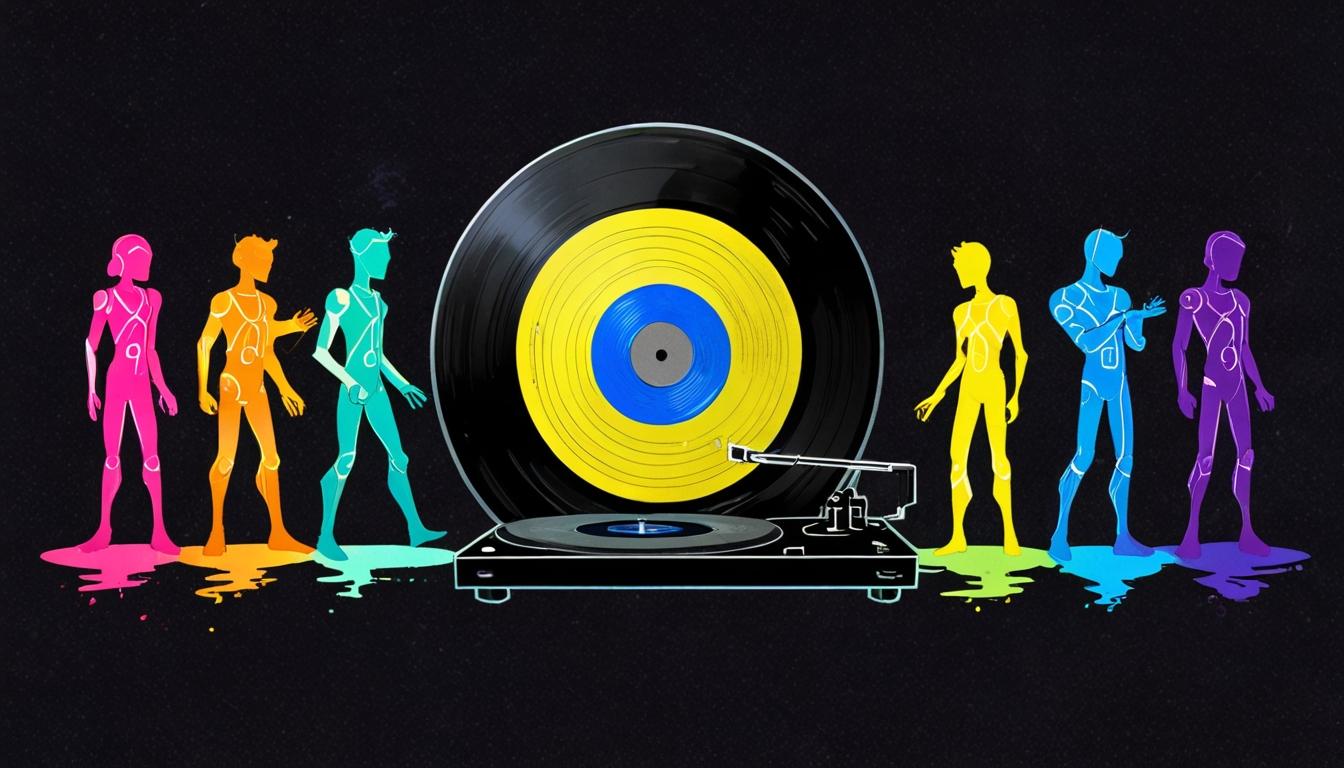A recently published survey conducted by the BPI, the organisation representing the UK’s record companies and label businesses, has shed light on public attitudes towards artificial intelligence (AI) in the music industry. The survey, involving over 1,750 music consumers across the UK, was conducted by BPI in partnership with AudienceNet, and forms part of the BPI’s All About the Music 2025 yearbook.
The research captures prevailing opinions on the role of AI in music creation, particularly in the context of ongoing debates triggered by proposals from the UK Government to amend copyright law. These proposed changes would allow AI developers to use UK music, books, films and other works to train generative AI models without requiring authorisation or providing compensation to creators or rights holders.
Key findings from the survey highlight a strong preference among UK music fans for protecting human creativity and maintaining transparency in AI use:
A significant majority of respondents, 81.5%, stated that music generated solely by AI should be clearly labelled to distinguish it from human-made music.
78.5% believed that an artist’s music or vocals should not be ingested or utilised by AI without permission from the artist or their record label.
72.7% feel that AI systems should explicitly list any music they have ingested or used during training.
Over 82% agreed that human creativity is essential to producing music, and over 80% value music created by humans more than AI-generated music.
Furthermore, 64.3% expressed disinterest in AI-generated music that mimics or impersonates their favourite artist.
The survey also reveals that 71.5% of respondents think governments should play a role in regulating AI’s capabilities within music, while 61.4% believe music created solely by AI without human creative input should not qualify for copyright protections.
These public views resonate with those of many creators and members of the UK’s music industry, who have consistently voiced opposition to the Government’s copyright proposals. High-profile artists including Paul McCartney, Elton John and Kate Bush have participated in campaigns against these changes. Notable examples include the release of the protest album Is This What We Want?, backed by over 1,000 musicians such as Annie Lennox and Sam Fender, and the Make It Fair campaign, which has garnered support from artists nominated at the BRIT Awards 2025.
Sophie Jones, Chief Strategy Officer at the BPI, remarked: “Britain’s music fans are adding their voices to the chorus of creators and creative businesses who want to see AI develop legally, respectfully and responsibly. This research shows support for several of our key asks, including that transparency should be an integral requirement for all AI models, that copyright must not be weakened to favour big tech as the Government proposes, and that music should not be used for AI training without authorisation from the creator or rights holder.”
Ed Newton-Rex, founder of Fairly Trained and a campaigner for respecting creators’ rights in AI, commented: “This survey reinforces what the government must surely already know: the public overwhelmingly supports the fair treatment of artists by AI companies, and rejects the idea that their work should be handed to AI companies without their permission. It’s vitally important that the government listens to the public, and to the creative community, and scraps its unfair proposals to weaken copyright law. It should represent the people, not big tech.”
The survey findings come ahead of World Intellectual Property Day on 26 April 2025, which focuses on the theme “Intellectual property and music: Feel the beat of IP,” underscoring the connection between creativity and copyright protection.
The BPI’s All About the Music 2025 yearbook provides an expansive overview of the UK recorded music industry, featuring data and analysis that trace industry growth, trends in independent music, and insights into fan behaviours. The annual publication draws upon various authoritative sources including the Official Charts Company, AudienceNet, MIDiA, Luminate and IFPI, making it a comprehensive resource for understanding the evolving music market in the UK.
The BPI’s recent survey and the ensuing discussions reveal a continued emphasis on safeguarding the rights of music creators amid emerging technologies, highlighting the complexities at the intersection of innovation, intellectual property, and cultural production.
Source: Noah Wire Services
